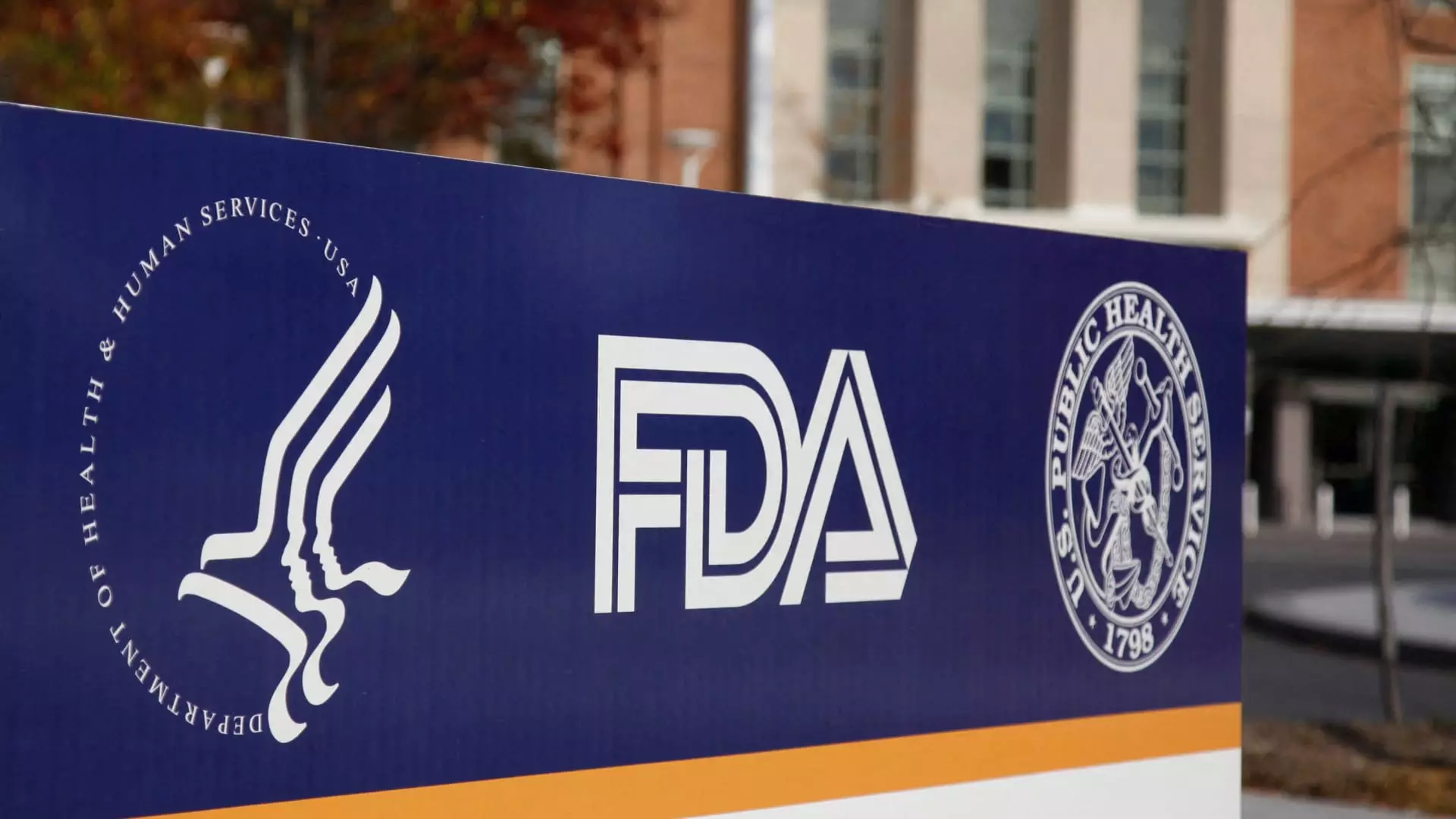In a move that can be described as nothing short of reckless, the Food and Drug Administration (FDA), under the directive of Robert F. Kennedy Jr., has decisively dismantled a crucial division responsible for educating both agency staff and external health-care professionals. The Division of Learning and Organizational Development (DLOD) was a cornerstone of professional training, empowering all levels of personnel to enhance their understanding of public health, regulatory practices, and safety protocols. The decision to eliminate this division, along with its dedicated team of over 30 employees, raises troubling questions about the priorities of the Department of Health and Human Services (HHS) in an era where public health is under unprecedented threat.
Kennedy’s sweeping cuts, targeting a total of 10,000 positions across HHS and slashing approximately 3,500 positions at the FDA alone, are ostensibly justified by a vague mantra of “streamlining operations.” But let’s be real: in the world of public health, eliminating education and training resources is a myopic solution. The DLOD contributed significantly to fostering a culture of knowledge-sharing, which is vital in an age where rapid advancements in medical science and health crises demand constant professional development.
The Repercussions of Degraded Training
While the HHS claims that fundamental operations, like inspections and drug evaluations, will remain unaffected, the elimination of DLOD sends a clear signal that knowledge is expendable. The division coordinated scientific education programs covering a vast spectrum ranging from opioid safety to artificial intelligence in regulatory decisions. Now, with such resources wiped away, the FDA is effectively throwing its staff and the wider medical community under the bus, expecting them to navigate complex, life-threatening issues without the professional training that they have come to rely upon.
It’s unfathomable that the eradication of DLOD will not have ripple effects. Health-care professionals must maintain their credentials through Continuing Education (CE) credits. With no personnel left to oversee and sanction these vital activities, how are these professionals supposed to meet their educational requirements? This fallout is not just administrative—it has real implications for patient care and safety.
A Costly Sacrifice for Savings?
Amidst vows of budgetary responsibility, the Trump administration’s rationale for these job cuts is sorely lacking when we consider the long-term impacts on public health. The FDA’s Continuing Education and Consultation Accreditation Team, funded through user fees from pharmaceutical and medical device companies—not tax dollars—was pivotal in training across medical disciplines. Its loss indicates a gross miscalculation in prioritizing short-term savings over the health and safety of the public.
“If saving taxpayer dollars is the goal, then eliminating a division that funds itself through user fees seems counterproductive,” said one FDA employee, highlighting the flawed logic behind these cuts. Instead of cutting resources that are self-sustaining, the administration should be focusing on enhancements that could bolster consumer safety and regulatory oversight.
The Dangerous Uncertainty Ahead
The post-DLOD landscape presents a crisis of confidence for both FDA employees and public health professionals alike. With uncertainty looming over who will take on training responsibilities, many are left to fend for themselves, leading to disparities in knowledge and standards across the health care system. The absence of a unified educational framework creates a breeding ground for inefficiencies and misinformed practitioners. In such an atmosphere, the prospect of public health decisions being made on shaky ground becomes chillingly real.
The implications of a poorly trained workforce cannot be understated. Vital public health programs, vital to addressing everything from infectious diseases to emerging health threats, risk stagnation. If healthcare professionals are inevitably left trying to figure it all out on their own, we can anticipate growing conflicts in protocol and practice, undoubtedly leading to adverse outcomes in patient care.
A Beacon of Hope Among Shadows
Despite this grim scenario, not all is lost. Kennedy has stated that some personnel and programs could be reinstated, although it remains unclear if DLOD will be among them. Advocacy efforts must be ramped up to restore not only the DLOD but also to reinforce the critical nature of education in public health. Stakeholders across the spectrum must make their voices heard loud and clear—decisions affecting public health cannot be made at the expense of professional development and training. If we remain silent, the very bedrock of health safety that regulates everything from pharmaceuticals to food standards might become eroded, leaving millions vulnerable to the turbulent waters of health crises without a team of qualified professionals to navigate them.

